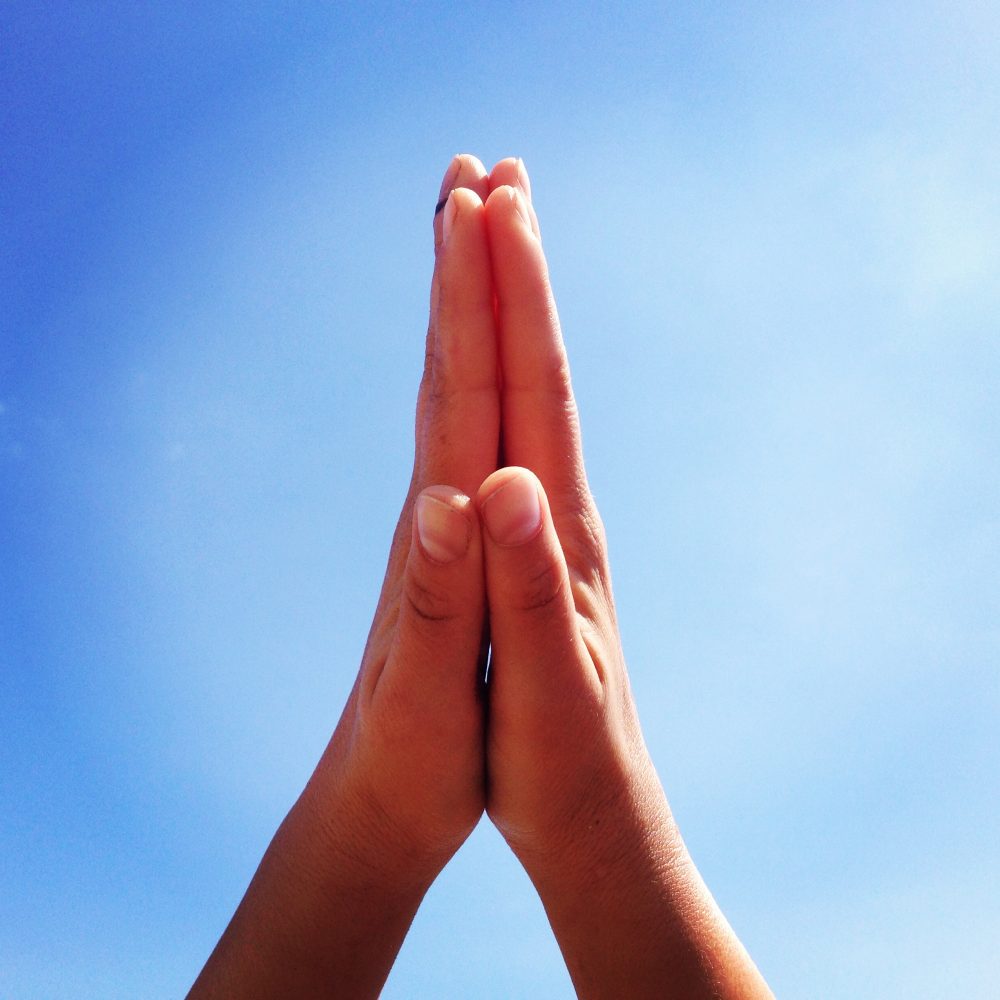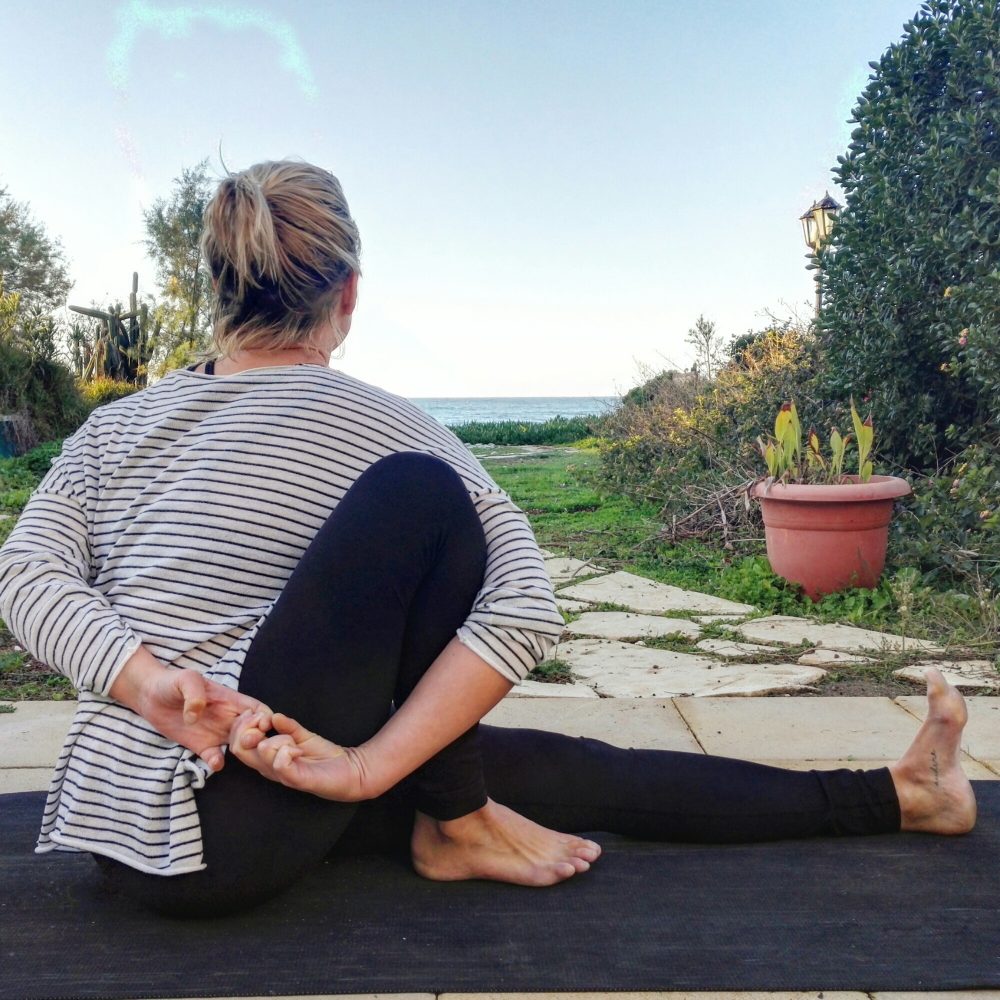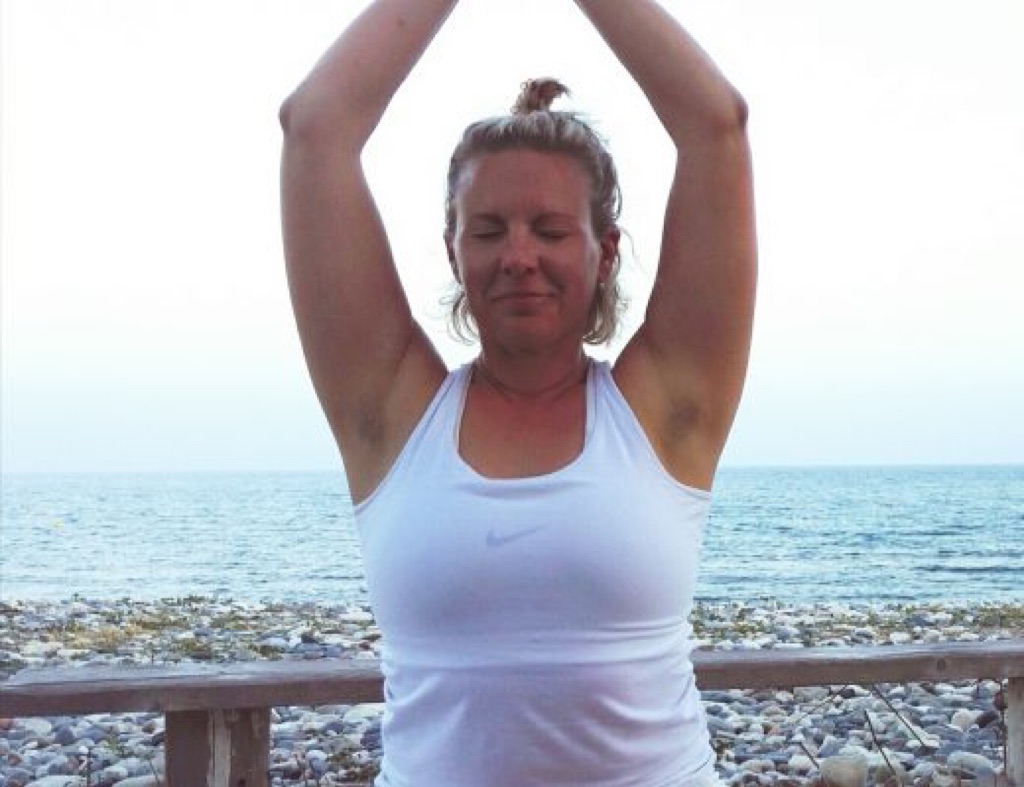Recently I have been reading several articles and studies on the growth of fitness and wellness boom during this decade which, as most of you I am sure would agree, does not show any signs of slowing down.
Yoga is of course an integral part of this growth and according to one study I came cross, “yoga” was among the 15 most Googled words in 2017 in the UK ! Furthermore, in 2016 Yoga Alliance and Yoga Journal found out in their study entitled “Yoga in America” that whilst 28% of the American yoga practitioners are male and 72% are female, there had been a 250% increase in the male yogis between 2012 and 2016! My purely empirical observations across yoga studios in various European countries helps me to have confidence in that in the Old Continent the tendency is the same – and this is wonderful news obviously!
Whilst 28% of the American yoga practitioners are male and 72% are female, there was a 250% increase in the male yogis between 2012 and 2016.
“Yoga in America” Study of 2016.
People come to yoga for different reasons: to alleviate back pain or other type of physical discomfort, as a means to deal with stress, anxiety and insomnia, as an alternative form of physical exercise… with so many styles and yoga teachers out there these days there is a yoga class to suit everybody. However, there are as many yoga stereotypes out there are as there are styles of yoga. And as with all the stereotypes, they do not come completely from nowhere, just as much as they do not represent the whole truth either. Yet, they can still form a barrier of entry for those who are curious but sceptical about yoga.

One of the more common remarks I hear from people who express interest in yoga is the concern about the level of spirituality that they might come across in a yoga class. About a year ago I wrote about this topic after I had stumbled upon an interesting conversation thread touching upon this subject on Reddit which I am re-posting here for the benefit for those of you who did not see it the first time around (Hello You! Thank you for reading my blog!)
So, this Reddit conversation started by this brilliant comment:
”I started yoga about two months ago and I am really enjoying it. I’m a 30 yo male. My back feels great despite my 40+ mile running weeks and I am already a lot more flexible.
But I’m somewhat turned off by the spiritual and meditative aspects of it. I don’t care about dedicating my practice to something, sealing my intention, being one with the ground, or anything like that. I just want to work on strength, stretching, and flexibility. I have only tried two studios so far and they are both pretty heavy into the spiritual/ meditation part of it, and the websites for all the others around me give the same impression.
Is this something I just have to get used to?” […]
My first reaction was laughter because this so hit the nail in the head. Just last night when teaching a class I encouraged people to “set an intention” at the start, and during savasana I said something along the lines of “feel supported by the ground.” Touché!
The second reaction I had was to get a little defensive. ”Well, technically we ARE supported by the ground when lying down, nothing spiritual there.” However, we all get the gist of the comment and many of us either recognise ourselves in it or know somebody who shares the feeling.
There were many great comments in the threat as a response to the above. Many expressed having similar feelings. Some suggested taking up pilates or other type of a stretching/conditioning class rather than yoga, no spirituality there. Some expressed their disapproval of what they saw as not understanding or trying to embrace the whole concept of yoga and everything it entails. Several people identified themselves as “atheist engineers”, leaving me wondering if this is seen as the highest form (or just stereotypical?) of a scientific and pragmatic individual, immune to any type of “spiritual bullshit about chakras and stuff.”

The comment that was voted the best started with “Dedicate your practice to fitness. Seal your intention to workout like a m*********r.” The runner up commentator chipped in with, ”most of what sounds like spiritual hippie nonsense is actually creative language/metaphor leading you to a concrete action: focus. You can tune out and just do the moves, but without breath and focus, you are headed for injury.”
I liked these comments a lot and I find them genuinely helpful. Of course as a yoga teacher I do believe in what I say in my own class but I also get that some of the stuff might sound a bit out there for some. Like with everything, not every yoga class, teacher or style resonates with me either. But it is always my choice how I choose to go about things and how to own up to my choices in a given situation. I trust the teachers whose classes I take to be professionals and having something to offer and therefore deserving my attention: this is also about safety. I can then choose to go to a different class next time – there are plenty of yoga classes with very minimal spirituality (or offering a different way to go about it) in them on offer.
I guess the point I am trying to make is that it is ok to have questions and even doubts but do not stop them having a go at yoga if you are interested. In a good class nobody is (or at least should not) force anything spiritual or esoteric down your throat. Be open-minded, remember that there is more and more hardcore scientific evidence about the benefits of yoga and meditation (watch the video I posted earlier on this topic here) and see for yourself.
What amount of spirituality in a yoga class feels right to you?








No Comments